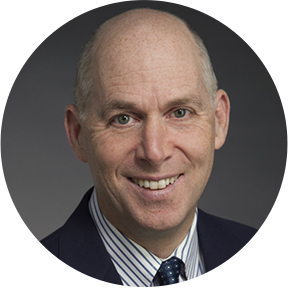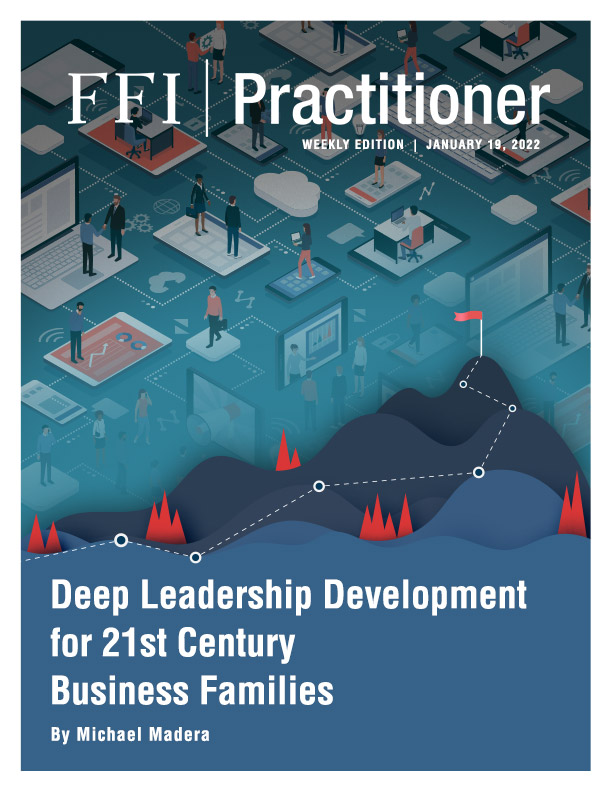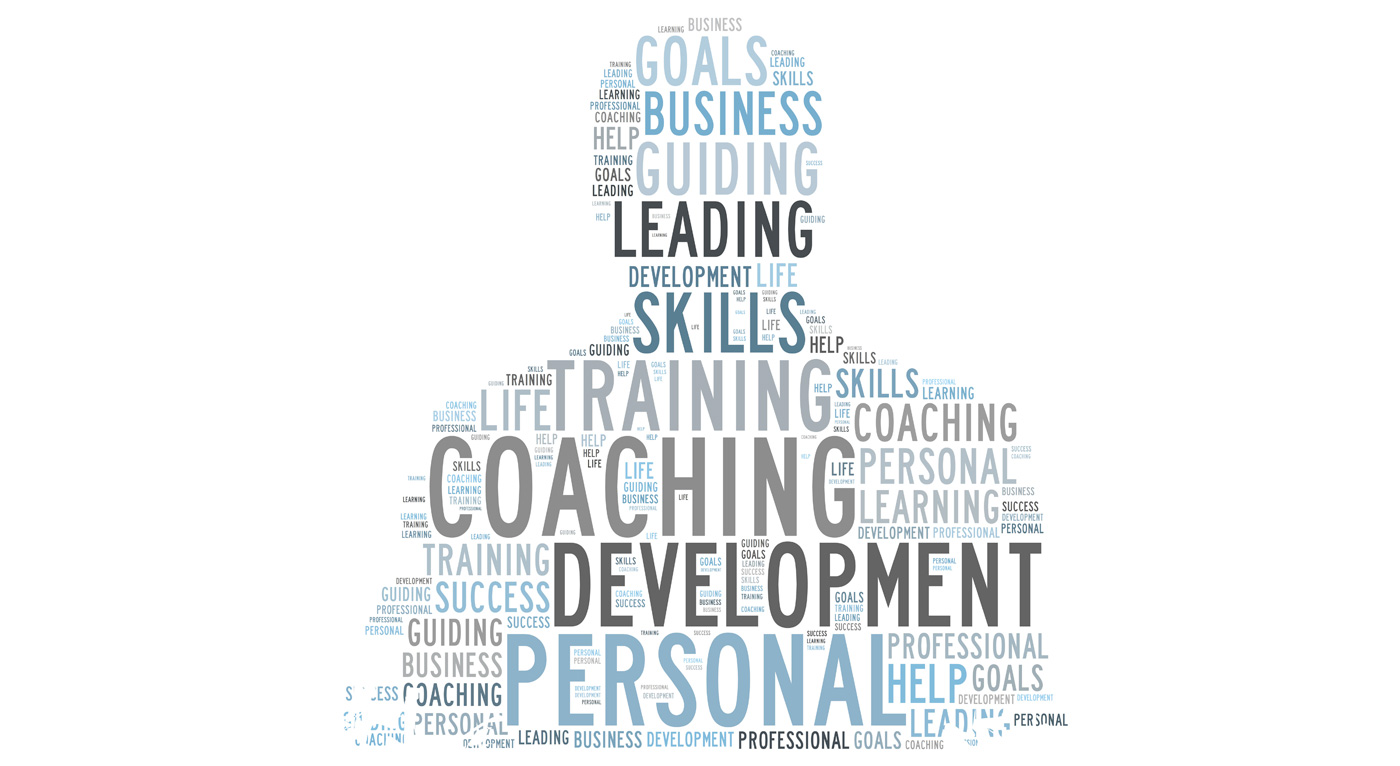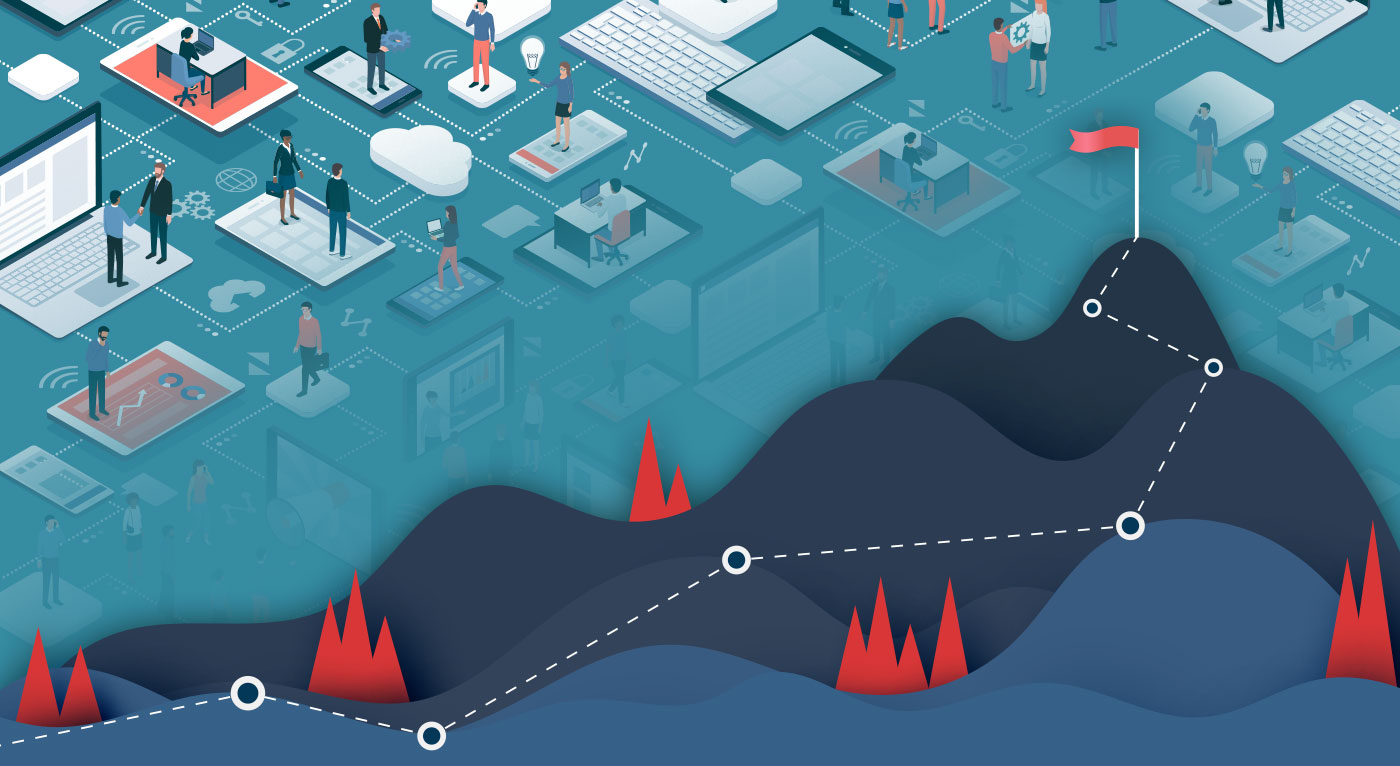
I suggest we step back and consider a big picture perspective. Starting in the 1500s, humans have turned more and more to applications of science to frame and address our challenges and to understand our experience. It has been argued that these efforts have brought us within striking distance of solving three age-old problems: famine, plagues, and war (Harari, 2017). While COVID-19 is in resurgence as this article is written, the ability to formulate and manufacture billions of doses of effective vaccines in about one year highlights the power of our scientific and financial systems to challenge and inhibit a virus similar to the one that killed an estimated 50 million people 100 years ago. In studies of human experience, research has discovered that neural networks in the brain that were previously thought to be hard-wired after childhood can grow and reorganize, and this neuroplasticity can be directly influenced through learning, meditation and psychological stress, among other factors (Begley, 2007). Recent advances in neuroscience have expanded this frame, showing that humans are not passive recipients of perception but rather we create and shape our sense of the world through a dynamic web of neurons across the brain and body, in concert with the people around us (Brooks, 2021). These are just a few examples of the rapid evolution of what was once considered stable and settled knowledge. Thus, those entrusted with family business continuity need to practice leadership that thrives in times of rapid change, generates and stimulates high-quality ideas from their family members and teams, and then synthesizes those ideas to make wise decisions.
What are some ways to understand and enhance leadership development to respond to this challenge? In many organizations leaders are invited to increase their knowledge, learn more skills, and develop specific competencies. This approach has been described as horizontal development, and it is likened to filling a glass with more water. It is important now to increase the size of the glass, so to speak, engaging in “vertical development,” which enlarges the leader’s mindset and sense-making system to be capable of engaging with complex business dynamics in more strategic, flexible, and inclusive ways (Petrie, 2013). Developmental goals are seen here as focusing more on how we know—our mindset and worldview for making sense of things—than on what we know—the skills and competencies we acquire.
Experts recommend cultivating three conditions to support vertical leadership development:
- Engage in activities that challenge and stretch our current practices.
- Engage with people and ideas that bring us into direct contact with different and more complex perspectives.
- Elevate and broaden our sense-making abilities.
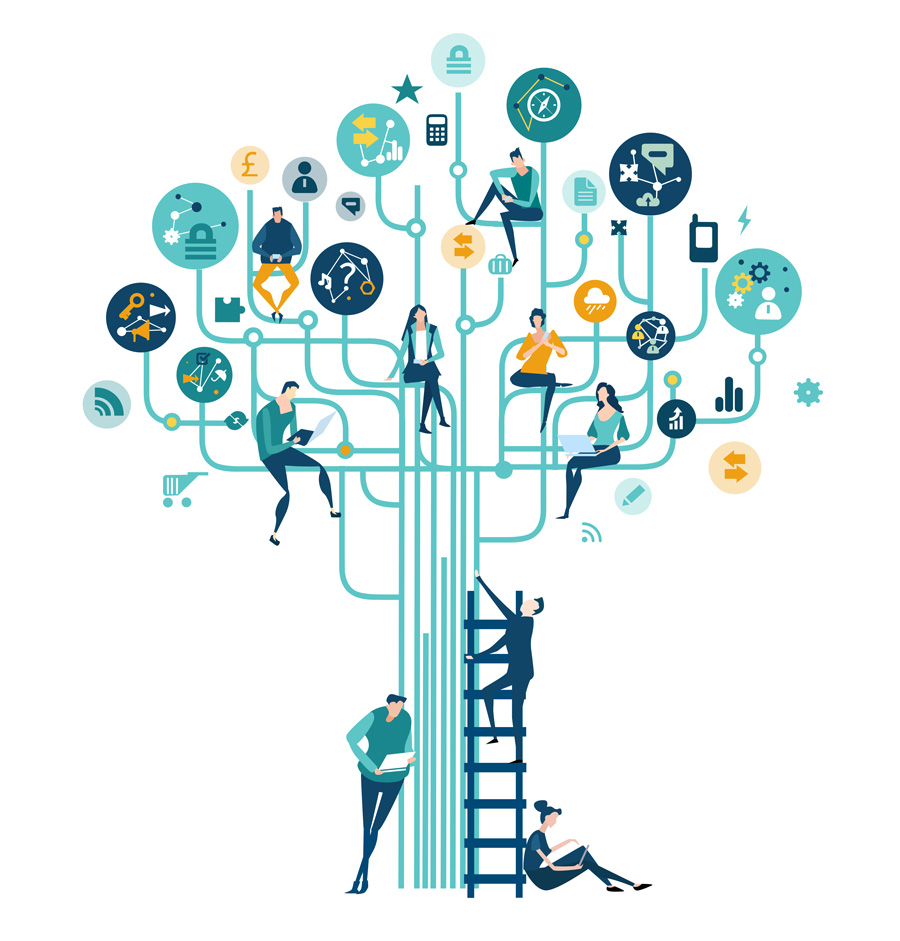
Since recent research confirms that leadership development focusing on mindset shifts are 2.5 times more effective (Gottfredson, 2020), this article will now focus on the third condition, and offer ways to greatly accelerate the needed shifts in mindset and sense-making to adapt and thrive: leadership development programs informed by developmental stage theory, Internal Family Systems theory, and engagement in transformative experiences.
Developmental Stage Theory: A clear path to follow
Decades of research have shown that adult mindset and worldview evolves in sequential steps, moving towards increasing complexity and flexibility. Most adults achieve a reactive, externally structured mindset and some progress to a creative, more internally determined approach, and very few develop an integral, interdependent, and synthesizing capability. This research confirms that leaders who function at later stages are significantly more effective and valued by their organizations (Anderson & Adams, 2015). Using this model and assessing current functioning helps leaders focus on their developmental edge while showing them a clear path towards more successful leadership practices.
Sidebar
By Michael Madera
Internal Family Systems Coaching: Increasing integration and adaptability
Popularized in the popular Pixar movie Inside Out, Internal Family Systems (IFS) theory posits that we have many internal “parts” that all fulfill important psychological functions. Like the character Joy in the movie, there is a central part who provides “self- leadership” by demonstrating confidence, compassion, curiosity, and other positive qualities that help engage and integrate the perspectives of other parts (Schwartz, 2021). While IFS started as a method for psychotherapy, it is being applied successfully in many other domains, including leadership development coaching. Using the IFS lens opens opportunities to understand our internal experiences in more complex and respectful ways, while also providing an example of the interdependent dynamics of later developmental stage experience. Members of families in business can benefit from insights into their own experience while also gaining new perspectives of other family members’ personality and behaviors. These learnings serve to further illuminate the interpersonal dynamics and influences that family members exert on each other, for good or ill.
Transformative Experiences: Energizing the dynamics of growth and transition
While it is uncomfortable for most people to let go of a valued approach or leadership practice, this ability is a hallmark of successful vertical leadership development. To facilitate neuroplasticity and mental flexibility, it is beneficial to engage in experiences that provoke perceptual shifts and challenge our assumptions of what is possible. Here are three approaches to help expand the comfort zone:
- Awe-Inducing Experiences: defined as producing wonder, reverence, and admiration, these experiences can be invited through direct experience of nature, inspiring works of art and literarture, and spiritual practices, including prayer and meditation retreats.
- Rites of Passage: originally developed to mark a milestone or major change in a person’s life, there are many challenging physical and psychological experiences that help expand assumptions of what each of us can accomplish. These can include mountaineering and other intense expeditions, running marathons, bi- and tri-athalons, and other highly rigorous sporting events. Facilitated workshops and retreats can also support transitions at different life stages.
- Trance-Inducing Experiences: practiced for millennia across all cultures, dissociative or trance states have facilitated transitions and the attainment of guidance and wisdom. These experiences often serve to reduce attachment to current models of self and other while inviting growth and renewal. Yoga, meditation, and controlled breathing practices offer many pathways to shifts in awareness and perception. For the more adventurous, intense and rhythmic music is another way to access this state of mind, as is ecstatic dancing, with groups or in specific ritual settings.
These very different approaches offer family business leaders 1) a clear path towards improved leadership; 2) a model to help explore and integrate multiple aspects of self; and 3) transformative experiences that support transcending current mindsets. Family business leaders who practice expanding their mindset and engaging with internal and external change with more flexibility will offer a powerful example of leadership for their families and firms and help them adapt and thrive in these turbulent times.
References
Anderson, R.J., & Adams, W.A. (2015). Mastering Leadership: An integrated framework for breakthrough performance and extraordinary business results. Wiley.
Begley, S. (2007, January 20). How Thinking Can Change the Brain. His Holiness the Dalai Lama of Tibet. Retrieved January 12, 2022, from https://www.dalailama.com/news/2007/how-thinking-can-change-the-brain
Brooks, D. (2021, September 2). “You Are Not Who You Think You Are”. The New York Times. Retrieved January 12, 2022, from https://www.nytimes.com/2021/09/02/opinion/brain-reality-imagination.html
Gottfredson, R. (2020, September 9). Making the Link Between Mindset and Effective Leadership Development. ATD Blog. Retrieved January 12, 2022, from https://www.td.org/insights/making-the-link-between-mindset-and-effective-leadership-development
Harari, Y.N. (2017). Homo Deus: A brief history of tomorrow. Harper.
Petrie, N. (2013). Vertical Leadership Development – Part I: Developing leaders for a complex world [White paper]. Center for Creative Leadership. Retrieved January 12, 2022, from https://mdvconsulting.co/wp-content/uploads/CCL-VerticalLeadersPart1.pdf
Schwartz, R.C. (2021) No Bad Parts: Healing trauma and restoring wholeness with the internal family systems model. Sounds True.
